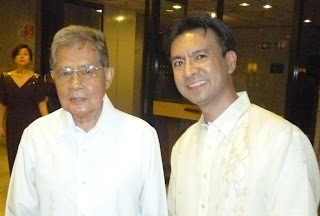Her denial makes Tayung wear white powder on his face, a tradition in the Bajo tribe. While Pakis hope trying to be destroyed by her mother, but her hope still remains. Together with her best friend, Lumo, Pakis continue to seek answers in the Wakatobi Sea.
Problems and conflicts with her mother's increasingly complicated when tudo, a dolphin researcher came to their lives. These four characters and then interact with each other in everyday life and they also have different interpretation about the sea. However, they agreed that the sea helps them find their identity
Marine biodiversity portrait of Wakatobi and Bajo's local wisdom are captured through a drama of a little girl named Pakis (12) who is striving to search for his father who was lost at the sea. Growing up in a Bajo tribe, who are famous as the great sailors ever, they live and they die in the ocean. Pakis strongly believes that her father is still alive and will come back someday. With a Bajo ritual using mirror, she keeps on waiting to see her father's reflection which remains unseen.
The movie focuses on conflicts at the heart of family life, when Pakis mother, Tayung (32), often shatters her hope to meet the lost father again. Tayung keeps trying to hide the reality from her. Denial appears when she realizes her husband will never come back and starts to cover her whole face with powder.
This hope keeps being tossed here and there. Together with her best friend Lumo (12), Pakis keeps searching for answers from Wakatobi sea.
As the emotional nuance emerges, a dolphin research scientist, Tudo (28), comes into their life. These four characters have their own interpretation about marine life and how they intensively connect to each other. It is the sea that helps them to find the true self reflection. Under the sky, all stories start, and toward the sea, all lives and love lead to...





















